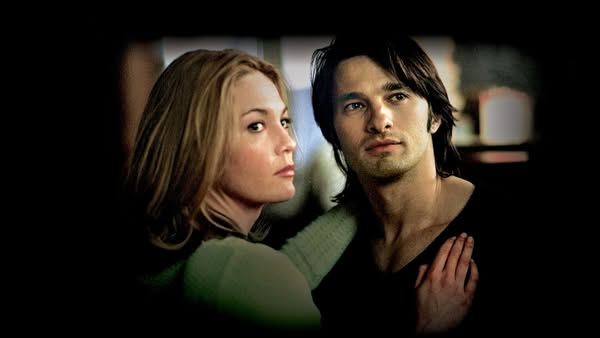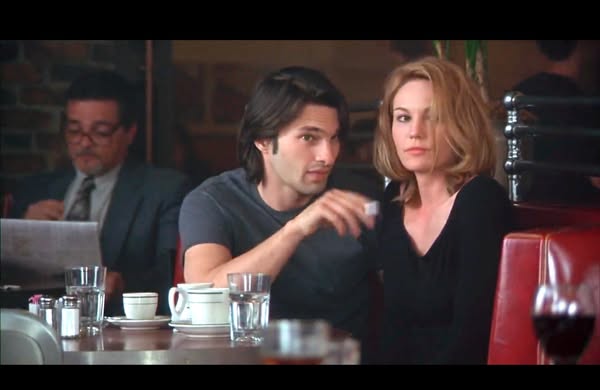Unfaithful (2002)

Unfaithful is a 2002 psychological thriller directed by Adrian Lyne that delves into the complexities of love, betrayal, and the consequences of infidelity. Starring Diane Lane as Connie Sumner, Richard Gere as her husband Edward, and Olivier Martinez as Paul Martel, the film presents a gripping narrative that explores the emotional turmoil and moral dilemmas associated with an extramarital affair.
The story revolves around Connie, a seemingly content housewife living in suburban New York with her successful husband, Edward. Their comfortable life takes a dramatic turn when Connie meets Paul, a charming and handsome bookseller. What begins as a chance encounter quickly escalates into a passionate affair that stirs feelings and desires Connie had long suppressed. As her infidelity deepens, the film unravels the psychological impact of her actions on all involved, particularly highlighting the strain it places on her marriage.
Lyne’s direction is notable for its ability to evoke tension and emotional depth, effectively capturing the internal struggles of each character. The film’s pacing allows for moments of reflection, juxtaposing the excitement of the affair with the impending consequences that loom over Connie’s life. The cinematography by Peter Biziou enhances the film’s mood, utilizing a color palette that reflects the emotional landscape of the characters, from the warm tones of passion to the cooler hues of guilt and despair.

Diane Lane delivers a powerful performance as Connie, embodying the character’s vulnerability and desire. Her portrayal brings a nuanced complexity to Connie’s motivations, making her both relatable and flawed. Richard Gere’s portrayal of Edward is equally compelling; he captures the character’s initial trust and eventual heartbreak as the truth of Connie’s affair comes to light. The chemistry between Lane and Martinez adds intensity to the affair, illustrating the allure and danger of forbidden passion.

The film explores themes of desire, morality, and the fragility of trust in relationships. As Connie grapples with the consequences of her choices, Unfaithful delves into the emotional and psychological toll of betrayal. The narrative raises questions about the nature of love and fidelity, forcing viewers to confront the complexities of human relationships and the often-unforeseen repercussions of their actions.
The film’s climax is both shocking and thought-provoking, as it culminates in a violent confrontation that forces all characters to confront their choices. This moment serves as a critical turning point, emphasizing the volatility of human emotions and the devastating impact of betrayal. The aftermath of this confrontation leads to a resolution that compels viewers to reflect on the themes of redemption and the possibility of forgiveness.

Unfaithful received mixed reviews upon its release but has since gained recognition for its exploration of adult relationships and the moral ambiguities of love and infidelity. The film’s ability to evoke strong emotional responses, combined with its strong performances and compelling narrative, ensures that it remains a memorable entry in the genre of psychological thrillers.
In conclusion, Unfaithful is a thought-provoking film that intricately weaves together themes of love, betrayal, and the consequences of desire. Adrian Lyne’s direction, along with the strong performances from the cast, creates a captivating narrative that resonates with viewers. Through its exploration of the complexities of human relationships, the film challenges audiences to consider the moral implications of their choices and the fragility of trust. Ultimately, Unfaithful serves as a poignant reminder of the emotional depth and turmoil that can arise from the pursuit of passion, making it a compelling tale that lingers long after the credits roll.











